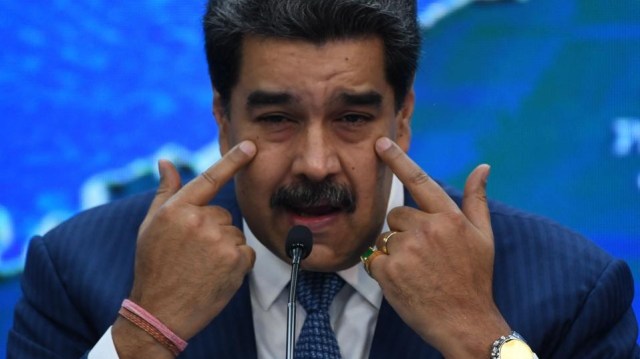
As the energy world adjusts to the idea – theoretically, at least – of becoming less oil dependent, one of many unknown pieces is how it will impact an oil-rich country like Venezuela.
By Forbes – Emily Pickrell
Aug 26, 2021
The distressed South American country plays no small role in the global energy saga: It owns one of the world’s largest oil reserves, and until the last two years, was a main supplier of oil for U.S. refineries.
This ability to sell its oil to a top market once made it one of the richest South American countries, all centered on an oil production of more than 3.4 million barrels per day (bpd).
This history could enable Venezuela to re-open its energy sector to the investment world, potentially attracting billions of dollars, if its leadership changes.
“Venezuela’s oil sector opening could represent for U.S. companies major investment opportunities, even bigger than the most recent energy reforms in the region, if democracy and rule of law returns to the country,” said Julian Cardenas, an energy law professor at the University of Houston. (Cardenas is also a board director at Venezuelan energy company PDVSA Ad Hoc, overseeing the protection of PDVSA’s assets abroad.)
Opposition leaders in Venezuela have openly identified the oil industry as its best chance for repairing the country, should they gain power. It is a seemingly natural choice to fund the massive infrastructure that will be needed after decades of neglect.
Indeed, Venezuela’s previous failure to distribute the oil wealth is what opened the doors of power to socialist leader Hugo Chávez. Chávez made a public show of driving out many of its experienced petroleum engineers and reasserting state control of the sector.
His successor, President Nicolás Maduro, continues to assert control. He is seemingly more in control of the country than ever, having recently managed to pack the Venezuelan Congress with handpicked supporters.
Meanwhile, the economic situation is deteriorating.
“While Maduro might seem to be in control, in the last eight years, all his plans to create economic growth have failed – creating not only the exodus of Venezuelans but also corporations that have decided to leave the country,” said Cardenas.
Oil production has been falling for the last two decades, the result of inexperienced and often corrupt leadership and a shortage of investment dollars. The country that once earned $90 billion a year from oil exports now only brings in about $2.3 billion.
A 2019 decision by the U.S. to levy sanctions on Venezuela’s exports has made a bad situation worse.
Oil makes up about 99 percent of the value of its exports. And until recently most of it has been going to the U.S., which was buying about 800,000 barrels per day (bpd). By 2021, the amount has dropped to less than 400,000 bpd. Instead, U.S. frenemies Russia, China, Iran, and Cuba have taken the U.S.’s place as the major consumers of the reduced Venezuelan oil production.
At this point, Venezuela currently has a lower standard of living than Haiti, and according to United Nations Human Rights Commission, 5.4 million Venezuelans have fled to neighboring countries since 2015. Venezuelans are currently the largest group of asylum seekers in the U.S.
One of the big questions for the Biden administration is how to move forward with Venezuela, as it balances its own energy and immigration policy goals. Experts like Cardenas say the sanctions are having an impact but are not necessarily enough for regime change.
The Venezuelan leadership has agreed to participate in negotiations now being held in México City, looking to end its economic crisis but vague about how much it is willing to give up in exchange. The Biden administration has made clear that without concessions from Maduro’s regime for free elections, sanctions will remain the same.
To date, Biden’s approach has been to continue the Trump administration’s approach of exemptions for some energy companies already operating in Venezuela.
…
Read More: Forbes – Venezuela energy sector to rebound — If leadership changes
…

